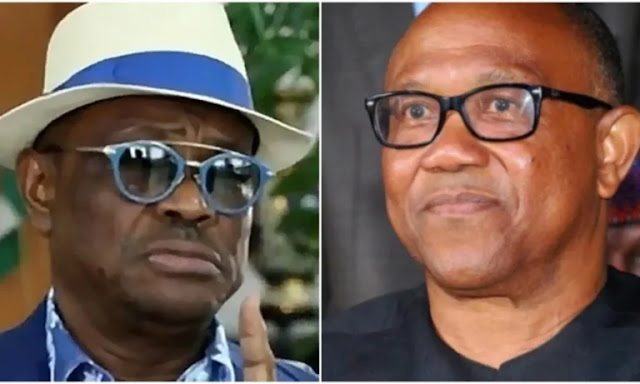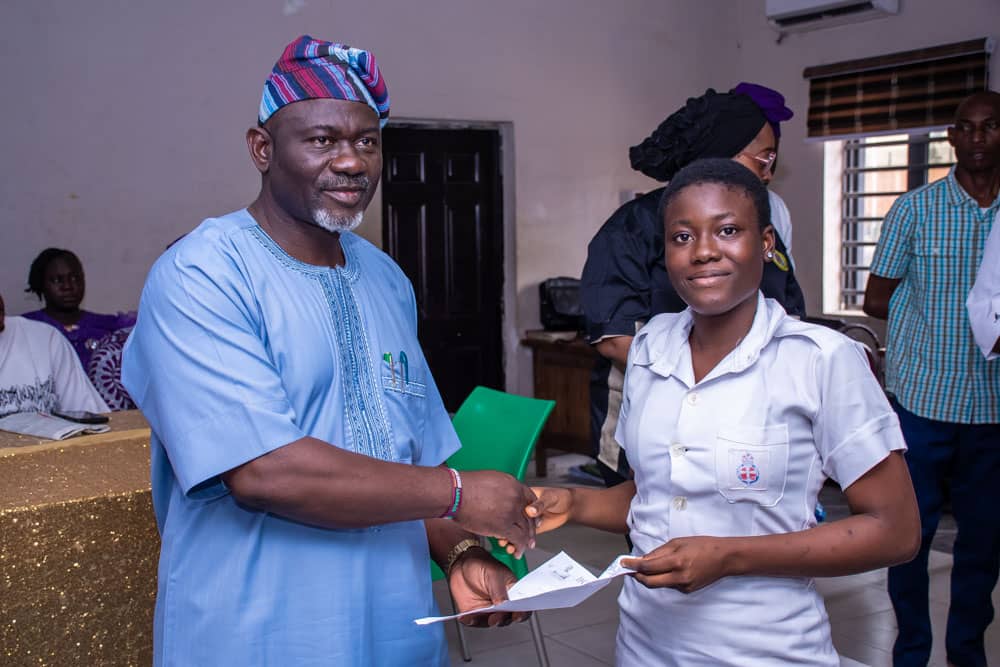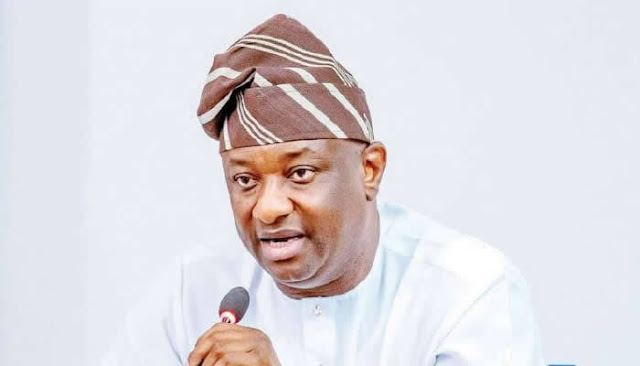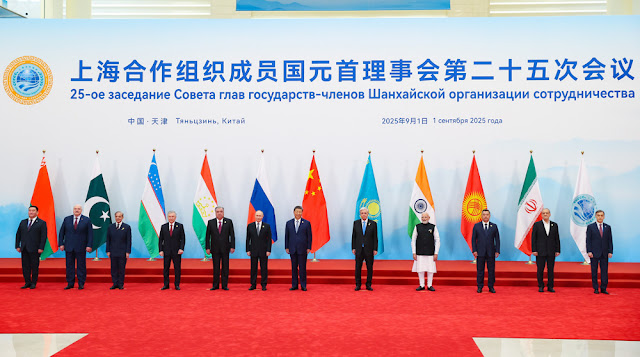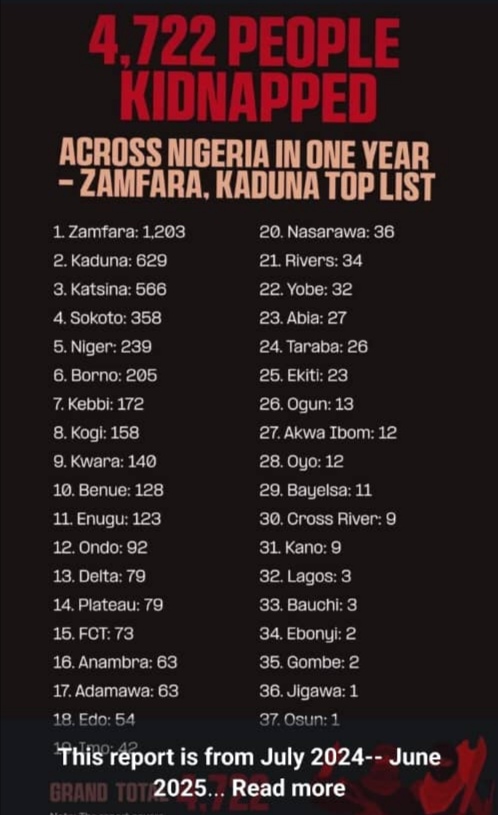On September 1, 2025, Nyesom Wike, the Minister of the Federal Capital Territory (FCT) and a prominent figure in the Peoples Democratic Party (PDP), issued a stark warning about the potential return of Peter Obi, the former Labour Party presidential candidate, to the PDP. Speaking at a media parley in Abuja, Wike cautioned that Obi’s re-entry into the PDP could lead to the party’s destruction, particularly as it prepares for the 2027 general elections. This statement has ignited intense debate within Nigeria’s political landscape, raising questions about party unity, leadership dynamics, and the future of opposition politics in the country. This article provides a comprehensive analysis of Wike’s remarks, the context of Obi’s political journey, the implications for the PDP, and the broader ramifications for Nigeria’s political future.
Background: Wike, Obi, and the PDP’s Turbulent History
To understand the significance of Wike’s warning, it’s essential to examine the historical and political context surrounding both figures and the PDP. The Peoples Democratic Party, founded in 1998, was Nigeria’s dominant political party for 16 years, governing from 1999 to 2015 under presidents Olusegun Obasanjo, Umaru Musa Yar’Adua, and Goodluck Jonathan. However, the party’s fortunes waned after its defeat by the All Progressives Congress (APC) in the 2015 general elections, leading to internal divisions and leadership struggles that have persisted into 2025.
Nyesom Wike, a former governor of Rivers State (2015–2023), has been a central figure in the PDP’s recent history. Known for his outspokenness and political clout, Wike has wielded significant influence within the party, particularly in the South-South geopolitical zone. His tenure as governor was marked by ambitious infrastructure projects and a confrontational style that earned him both admirers and critics. Wike’s role in the PDP became even more prominent after the 2023 elections, where he emerged as a key power broker, despite tensions with other party leaders.
Peter Obi, on the other hand, is a former governor of Anambra State (2006–2014) and a seasoned politician who gained national prominence as the Labour Party’s presidential candidate in 2023. Obi, who was once a PDP stalwart, defected to the Labour Party in 2022 after losing the PDP presidential primary to Atiku Abubakar. His campaign, driven by the “Obidient” movement—a grassroots coalition of young, urban, and digitally savvy Nigerians—reshaped the 2023 election, positioning Obi as a formidable third force. Although he did not win, Obi’s performance, particularly his appeal to younger voters, made him a significant figure in Nigerian politics.
The PDP’s internal crises have been a recurring theme since 2015, with factionalism, leadership disputes, and defections weakening its cohesion. The 2022 primaries, which saw Atiku emerge as the candidate, deepened these divisions, as Wike and his allies felt sidelined by the party’s leadership. Obi’s defection to the Labour Party further highlighted the PDP’s inability to accommodate diverse interests, setting the stage for Wike’s recent comments about Obi’s potential return.
Wike’s Warning: A Closer Look
During the media parley in Abuja, Wike’s remarks were pointed and unambiguous. He argued that Peter Obi’s return to the PDP would “destroy” the party, citing concerns about Obi’s growing influence and the potential for further factionalism. Wike’s warning appears to stem from several factors, including his personal rivalry with Obi, the dynamics of the 2023 election, and the PDP’s strategic planning for 2027.
Wike’s primary concern is that Obi’s return could destabilize the PDP’s fragile unity. As a former PDP member who left the party under contentious circumstances, Obi’s re-entry could reignite old wounds and exacerbate existing tensions. Wike, who has positioned himself as a gatekeeper of sorts within the PDP, likely fears that Obi’s popularity—particularly among younger voters—could shift the party’s power dynamics, potentially sidelining his own faction.
Moreover, Wike’s comments reflect a broader anxiety about the PDP’s ability to compete with the ruling APC in 2027. The PDP’s performance in 2023 was lackluster, with Atiku Abubakar securing only 29% of the vote compared to Bola Tinubu’s 37%. Obi’s Labour Party, meanwhile, garnered 25%, a significant share that demonstrated his ability to draw votes away from the PDP. Wike and other PDP leaders may worry that Obi’s return could lead to a repeat of this vote-splitting scenario, weakening the opposition’s chances against the APC.
Wike also alluded to the “Obidient” movement, suggesting that Obi’s supporters—known for their fierce loyalty and vocal online presence—could disrupt the PDP’s internal processes. The movement’s grassroots momentum, which transcends traditional party structures, poses a challenge to the PDP’s hierarchical and patronage-driven system. Wike’s warning implies that integrating Obi and his supporters into the PDP could lead to conflicts over leadership, candidate selection, and policy direction.
Peter Obi’s Political Journey and Appeal
To fully appreciate the implications of Wike’s warning, it’s worth examining Peter Obi’s political journey and the factors that make him a polarizing yet influential figure. Obi first rose to prominence as the governor of Anambra State, where he earned a reputation for prudent financial management, infrastructure development, and a focus on education and healthcare. His tenure was not without controversy, but his frugal leadership style and commitment to accountability resonated with many Nigerians disillusioned with wasteful governance.
Obi’s decision to leave the PDP in 2022 was driven by his belief that the party was not aligned with his vision for transformative change. The PDP’s primaries, which were marred by allegations of vote-buying and favoritism, further alienated Obi, prompting his move to the Labour Party. His 2023 presidential campaign was a phenomenon, galvanizing a diverse coalition of supporters under the banner of the “Obidient” movement. Obi’s message of fiscal responsibility, youth empowerment, and anti-corruption struck a chord with Nigeria’s burgeoning youth population, who make up over 60% of the electorate.
The 2023 election results underscored Obi’s appeal. He won in key states like Lagos and Abuja, traditionally PDP strongholds, and secured significant votes in the South-East, South-South, and North-Central regions. His performance demonstrated that he could challenge the dominance of the APC and PDP, raising the possibility of a viable third force in Nigerian politics. However, Obi’s success also highlighted the challenges of sustaining a grassroots movement within a political system dominated by entrenched interests.
Speculation about Obi’s potential return to the PDP has been fueled by several factors. First, the Labour Party’s limited infrastructure and internal divisions have raised questions about its long-term viability as a platform for Obi’s ambitions. Second, the PDP’s struggles to regain its footing have led some party members to view Obi as a potential savior who could reinvigorate the party’s base. Finally, Obi’s own statements have been ambiguous, neither confirming nor denying interest in returning to the PDP, which has kept the rumor mill active.
The PDP’s Internal Dynamics and Challenges
The PDP’s internal dynamics provide critical context for Wike’s warning. Since its loss of power in 2015, the party has struggled to present a united front. Factionalism, driven by competing interests and regional loyalties, has undermined its ability to mount an effective opposition to the APC. The 2022 primaries, which saw Atiku Abubakar emerge as the candidate, deepened these divisions, as Wike and his allies felt marginalized by the party’s leadership.
Wike’s influence within the PDP stems from his control over Rivers State, one of Nigeria’s most politically and economically significant states. As governor, he built a formidable political machine, leveraging state resources and patronage to secure loyalty. His appointment as FCT Minister under President Tinubu’s APC-led government has further complicated his relationship with the PDP, with some party members accusing him of disloyalty. Wike’s warning about Obi’s return can thus be seen as an attempt to assert his authority and protect his influence within the party.
The PDP’s challenges extend beyond internal rivalries. The party has struggled to articulate a clear vision for Nigeria, often relying on anti-APC rhetoric rather than a compelling policy agenda. This has allowed figures like Obi, who offer a distinct message of change, to gain traction. However, integrating a figure like Obi into the PDP would require navigating a complex web of interests, including those of Atiku, Wike, and other regional power brokers.
Implications of Obi’s Potential Return
Wike’s warning that Obi’s return could “destroy” the PDP raises several questions about the party’s future. Below are some of the key implications:
Factionalism and Power Struggles: Obi’s return would likely intensify factionalism within the PDP. His popularity and independent support base could challenge the authority of established leaders like Wike and Atiku, leading to conflicts over the 2027 presidential candidacy. The “Obidient” movement’s grassroots energy could also disrupt the PDP’s traditional top-down structure, creating tensions between old and new guard members.
Electoral Strategy: Obi’s appeal to younger voters and urban demographics could strengthen the PDP’s electoral prospects, particularly in states where it underperformed in 2023. However, his return could also alienate some traditional PDP supporters, particularly in the North, where Atiku enjoys strong backing. Balancing these competing interests would be a significant challenge for the party.
Opposition Unity: Nigeria’s opposition faces a critical test ahead of 2027. The 2023 election showed that a divided opposition—split between the PDP and Labour Party—allowed the APC to secure victory with a plurality of votes. Obi’s return to the PDP could pave the way for a unified opposition, but only if the party can reconcile its internal differences. Wike’s warning suggests that such reconciliation may be difficult.
Impact on the Labour Party: If Obi returns to the PDP, the Labour Party could face an existential crisis. The party’s 2023 success was largely driven by Obi’s candidacy, and his departure could weaken its relevance. This could further consolidate Nigeria’s two-party system, limiting the space for alternative political platforms.
Public Perception: Obi’s return to the PDP could be perceived as a pragmatic move to consolidate opposition forces, but it could also damage his image as a principled outsider. The “Obidient” movement’s distrust of the PDP’s establishment could lead to backlash, potentially fracturing his support base.
Wike’s Political Calculations
Wike’s warning is not merely a reaction to Obi’s potential return but a strategic move to shape the PDP’s trajectory. As a key figure in the party, Wike has a vested interest in maintaining his influence and ensuring that the PDP’s 2027 strategy aligns with his goals. His comments can be seen as a preemptive strike against Obi’s growing popularity, signaling to other party leaders that he will not cede control easily.
Wike’s tenure as FCT Minister has also raised questions about his loyalty to the PDP. His willingness to work with the APC-led government has drawn criticism from some party members, who accuse him of undermining the opposition. By positioning himself as a defender of the PDP’s unity, Wike may be attempting to deflect these criticisms and reassert his relevance within the party.
Furthermore, Wike’s rivalry with Obi dates back to the 2022 primaries, where their competing ambitions contributed to the PDP’s internal divisions. Wike’s warning reflects a personal dimension to the conflict, as he seeks to protect his political turf against a figure who has emerged as a formidable rival.
The Broader Nigerian Political Context
Wike’s warning must be viewed within the broader context of Nigeria’s political landscape. The 2023 elections exposed deep divisions in the country, with economic challenges, insecurity, and youth discontent shaping voter sentiment. The APC’s victory, while decisive, was not overwhelming, suggesting that the opposition has an opportunity to challenge for power in 2027. However, this will require a unified strategy and a compelling candidate.
The PDP’s ability to capitalize on this opportunity depends on its capacity to resolve internal conflicts and present a coherent alternative to the APC. Obi’s potential return could be a game-changer, but it also carries significant risks, as Wike’s warning highlights. The party must navigate a delicate balance between embracing new voices like Obi and maintaining the loyalty of its traditional base.
The rise of the “Obidient” movement also reflects broader trends in Nigerian politics, including the growing influence of young, tech-savvy voters. This demographic, which is increasingly active on platforms like X, has the potential to reshape the political landscape. The PDP’s ability to engage these voters—whether through Obi or other means—will be critical to its success.
Stakeholder Reactions and Public Discourse
Wike’s remarks have sparked intense reactions from various quarters. PDP leaders have been cautious in their responses, with some acknowledging the need for unity while others defend Obi’s right to return. Atiku Abubakar, in a statement on X, emphasized the importance of inclusivity, suggesting that the PDP should welcome all members who share its vision. However, he stopped short of directly addressing Wike’s comments, highlighting the delicate nature of the issue.
Obi’s supporters, particularly the “Obidient” movement, have been vocal in their defense of their leader. On social media, many have criticized Wike, accusing him of prioritizing personal interests over the party’s unity. Some have even called for Obi to remain with the Labour Party, arguing that the PDP’s internal politics are too toxic to accommodate his vision.
Political analysts have offered mixed perspectives. Some view Wike’s warning as a legitimate concern about the PDP’s cohesion, while others see it as a power play to maintain his dominance. The consensus is that the PDP must address its internal divisions urgently, as the 2027 elections are likely to be highly competitive.
Potential Scenarios for 2027
As Nigeria looks toward 2027, several scenarios could unfold based on Wike’s warning and Obi’s next steps:
Obi Returns to the PDP: If Obi rejoins the PDP, the party could benefit from his popularity but would need to manage the resulting tensions. A compromise candidate or a strategic alliance between Obi, Wike, and Atiku could strengthen the PDP’s chances, but this would require significant concessions from all sides.
Obi Stays with the Labour Party: If Obi remains with the Labour Party, the opposition could remain fragmented, potentially benefiting the APC. However, Obi’s ability to mobilize young voters could still make him a formidable contender, especially if the Labour Party strengthens its infrastructure.
A New Coalition Emerges: Another possibility is the formation of a new coalition, potentially involving Obi, elements of the PDP, and other opposition groups. Such a coalition could challenge the APC’s dominance but would require unprecedented cooperation among Nigeria’s fractious opposition.
PDP’s Decline Continues: If the PDP fails to resolve its internal conflicts, it risks further marginalization. Wike’s warning could become a self-fulfilling prophecy, with Obi’s return—or the lack thereof—leading to the party’s implosion.
Conclusion
Nyesom Wike’s warning that Peter Obi’s return to the PDP could destroy the party underscores the complex dynamics shaping Nigeria’s opposition politics. As the PDP grapples with internal divisions, leadership struggles, and the challenge of regaining power in 2027, Obi’s potential re-entry represents both an opportunity and a threat. His popularity and grassroots support could reinvigorate the party, but they also risk exacerbating existing tensions, as Wike’s comments suggest.
The PDP’s ability to navigate this crisis will determine its relevance in Nigeria’s evolving political landscape. For Obi, the decision to return to the PDP or remain with the Labour Party will shape his legacy and influence the trajectory of the opposition. As Nigeria approaches 2027, the interplay between Wike, Obi, and other key figures will be a defining factor in the battle for power, with implications for governance, democracy, and the aspirations of millions of Nigerians.


